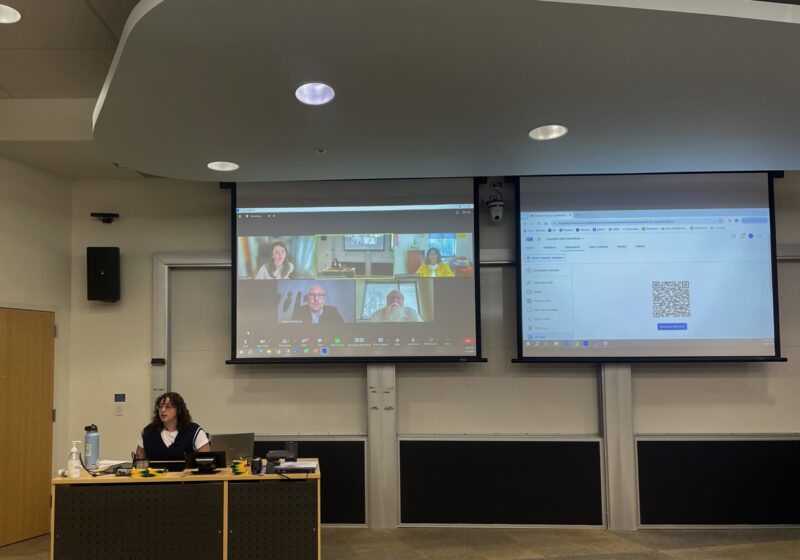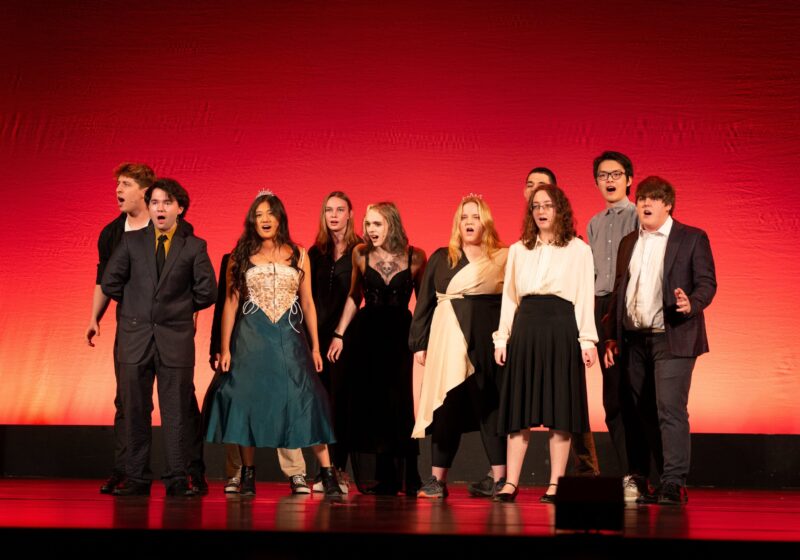BY Samuel LaRussa
At a time when its friendly political orientation has never meant more to the West, the Turkish government and people are experiencing a dilemma: West or East
This quandary and its resolution by the Turkish government have serious implications for policymakers in Washington and Brussels. For Turkey to choose West that is, to remain friendly with the United States and Europe is to pledge itself to continuing down the seemingly endless path toward acceptance into the European Union, to reinforcing democratic and secular principles in government and society, and, most importantly, to embracing its position as a mitigating bridge between the West and the Middle East. Turkey’s role in navigating the difficult relations between Israel and Syria and between the United States and Iran demonstrate the unique capability that it possesses to fulfill this duty.
For Turkey to turn East means improving relations with its important neighboring countries such as Iran and Russia, scaling back its commitment to support the United States in the wars in Afghanistan and Iraq and sacrificing secularism in favor of a more conservative civil society. Turkey’s government has shown willingness in recent months to test this new direction by quickly endorsing embattled Iranian President Mahmoud Ahmadinejad despite widespread Western doubt about the legitimacy of his reelection, cancelling joint Air Force exercises with Israel in an ongoing dispute over Israel’s most recent military actions in Gaza and improving dialogue with Russia over energy distribution and regional issues in the Caucasus region. These actions may indicate that the Turkish people and government are growing impatient with the slow pace of European Union negotiations and may view Europe as an increasingly monolithic bloc of which Turkey will never be included.
Turkey deciding to turn eastward would have a significant destabilizing effect on American and European interests in the Middle East. It would significantly constrain the United States’ efforts in Iraq and Afghanistan if Turkey decided to scale back usage of Air Force bases on Turkish territory, where most American air operations take off and land. Coordination with Russia in controlling the flow of natural gas and other fossil fuels from the Black and Caspian Sea regions would constrict Europe’s already limited energy supply sources, and would decrease its willingness to challenge Russia over Iran’s nuclear program, NATO expansion, and other controversial issues. To sacrifice Turkey’s friendly orientation would, in essence, also forfeit much of the longevity of Western diplomacy in the Middle East.
It is essential that the United States and the European Union do everything in their power to deter Turkey from turning down the Eastern path. Turkey is a powerful symbol of the compatibility of democracy, capitalism, secularism and Islam, and its development will influence the outcomes of other nascent democratic regimes in the Middle East. President Barack Obama’s visit to Turkey and continual monetary aid emphasized the country’s geostrategic importance to the West, and it is time that Europe follow suit by expediting the pace of European Union accession. France and Germany, the two most outspoken EU member states against Turkey’s admittance into the EU must realize the growing impatience of the Turkish government and people and must act to prevent European-Turkish fallout and consider its effect on Europe’s energy needs and political goals. Turkey as a member state in the European Union could greatly benefit Europe in terms of providing a more reliable energy flow from the Black and Caspian Sea regions, and in terms of its political influence in the Middle East.
Therefore, Europe and the United States should do everything they can to encourage Turkey to continue its role as the mitigating bridge between Western and Eastern states. If they do, then the Western world can hope that when Turkey faces its own internal dilemma between West and East, it will no longer be a dilemma at all.
LaRussa is a member of
the class of 2011.





